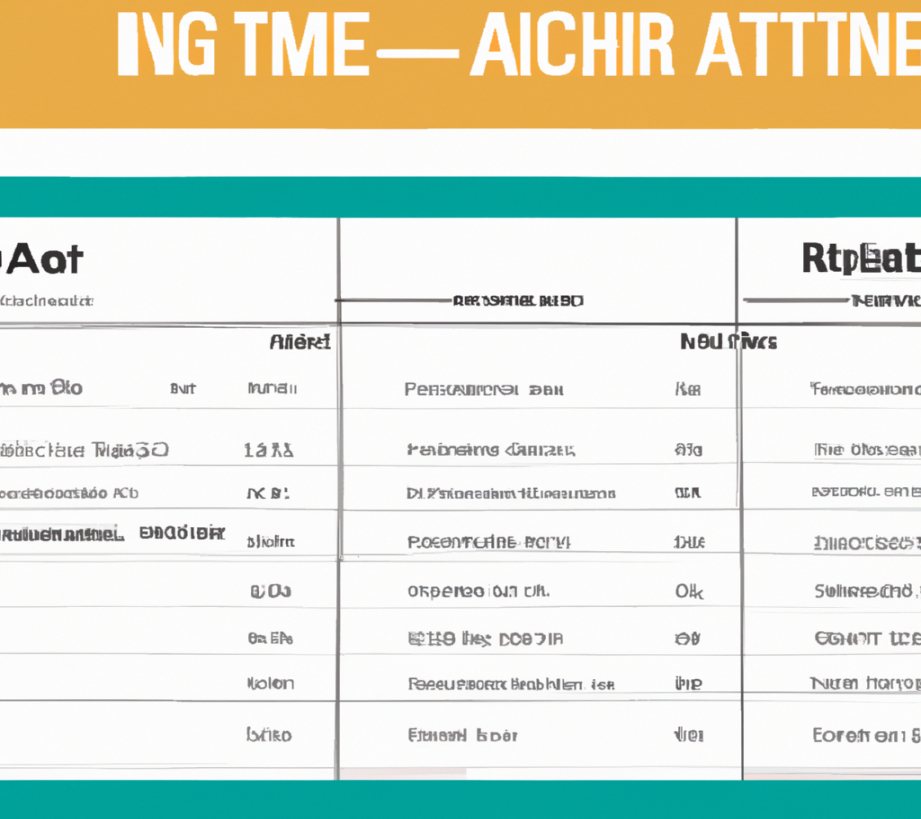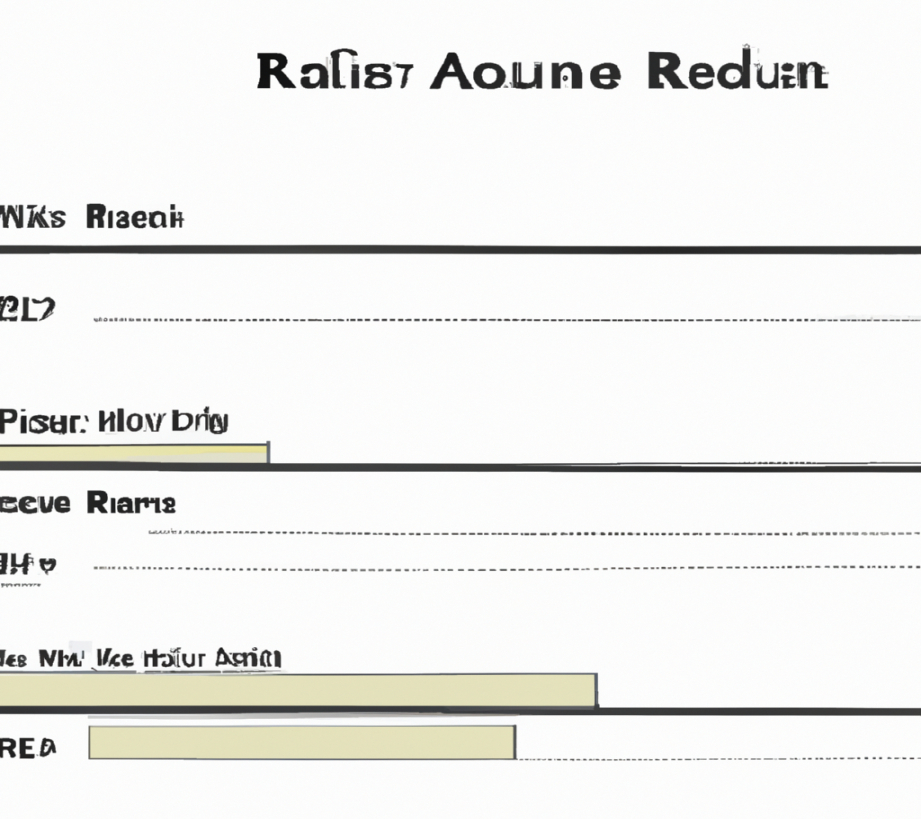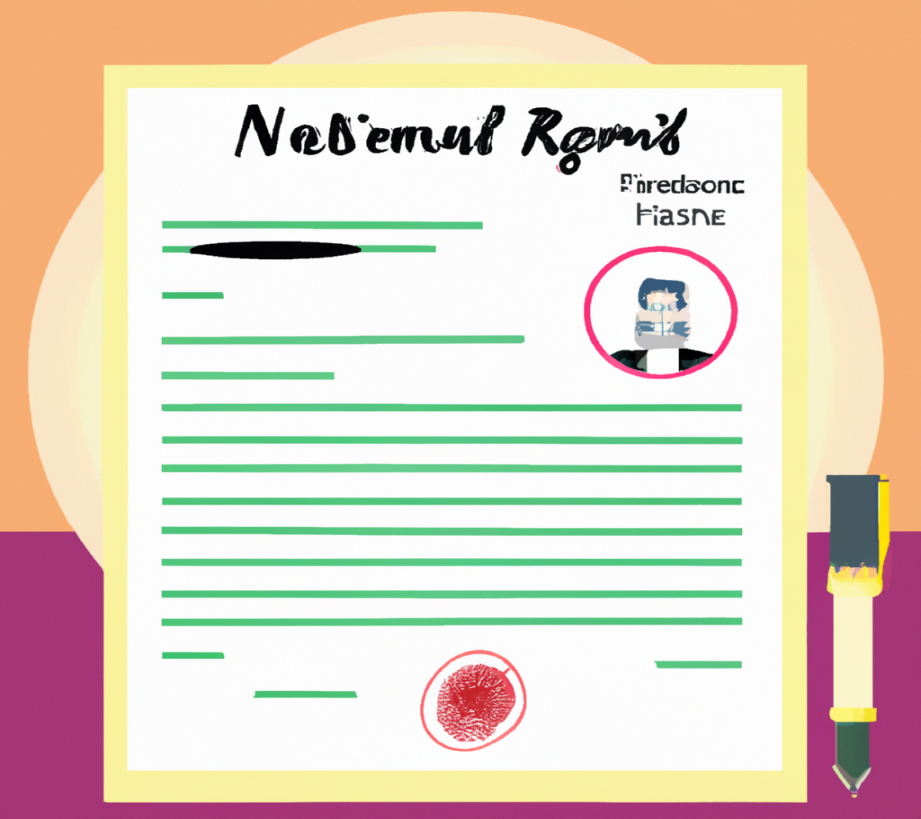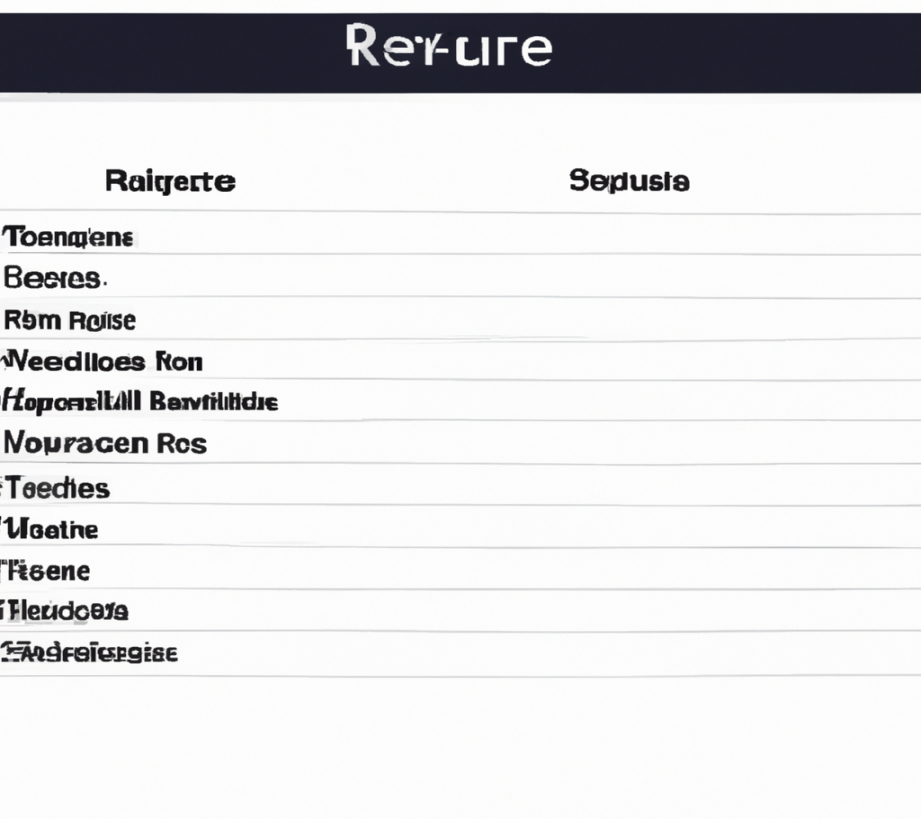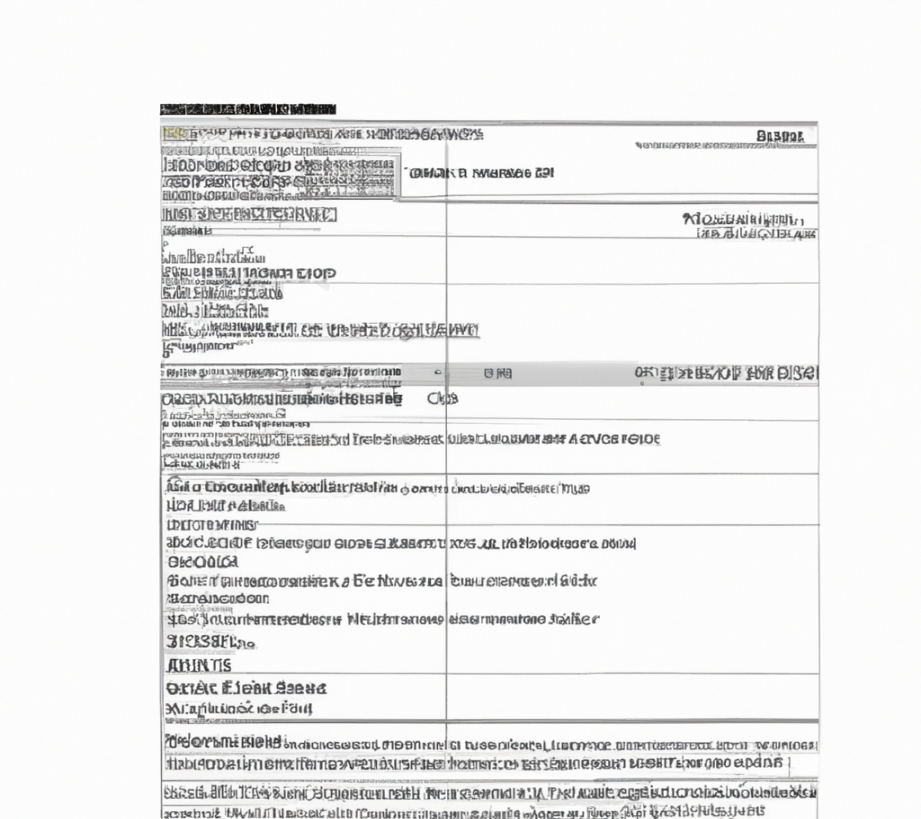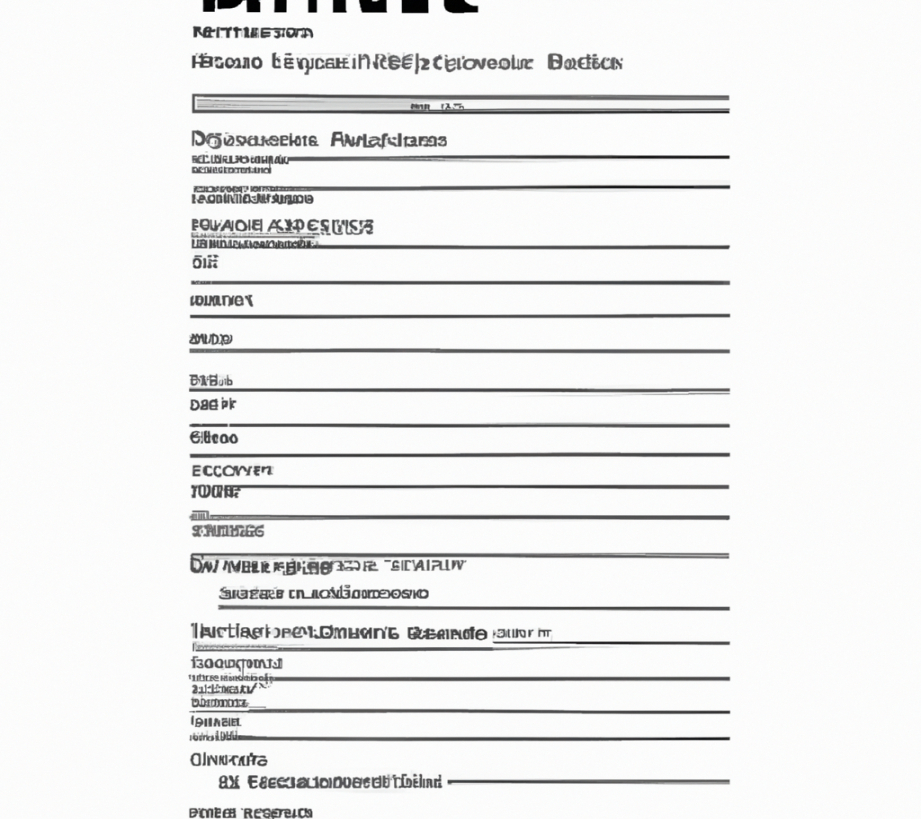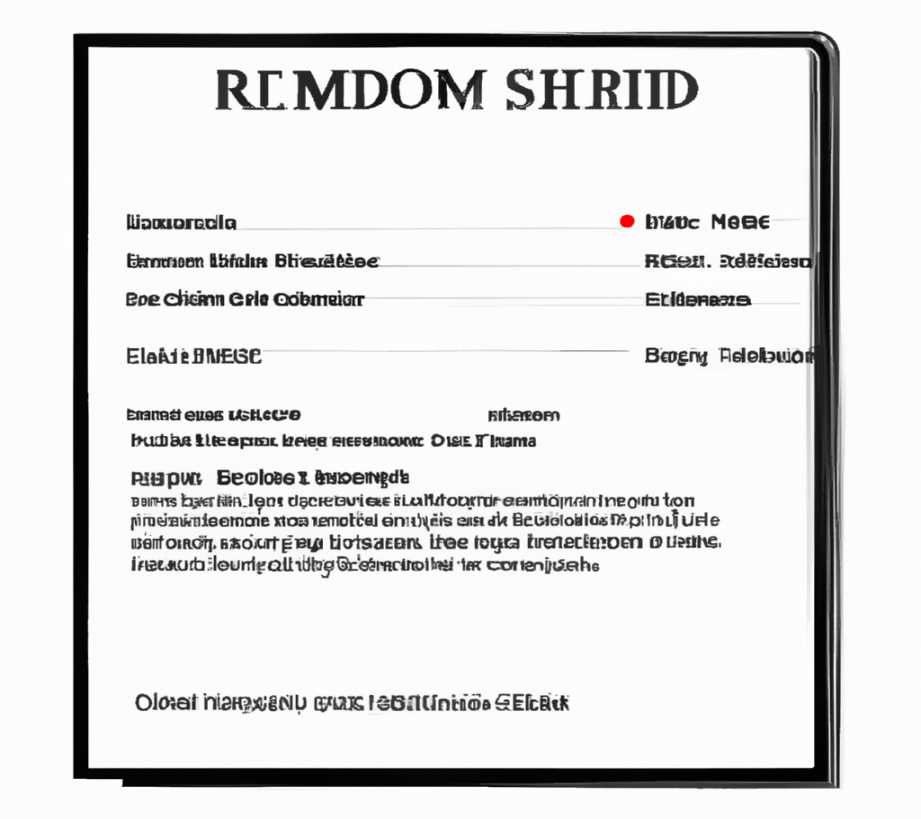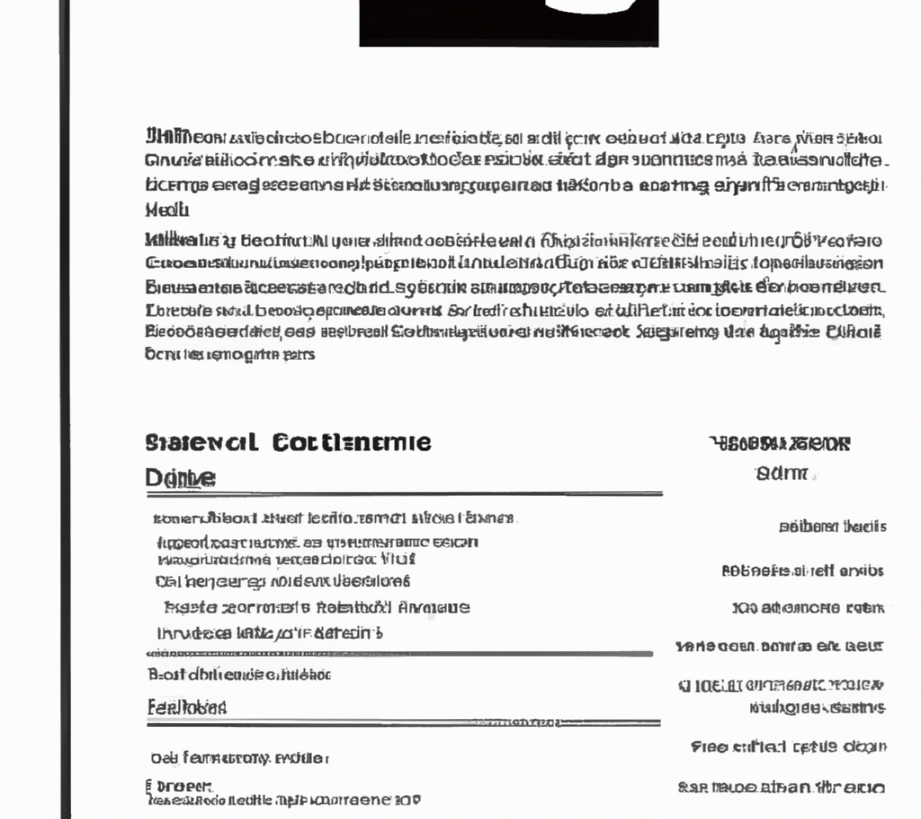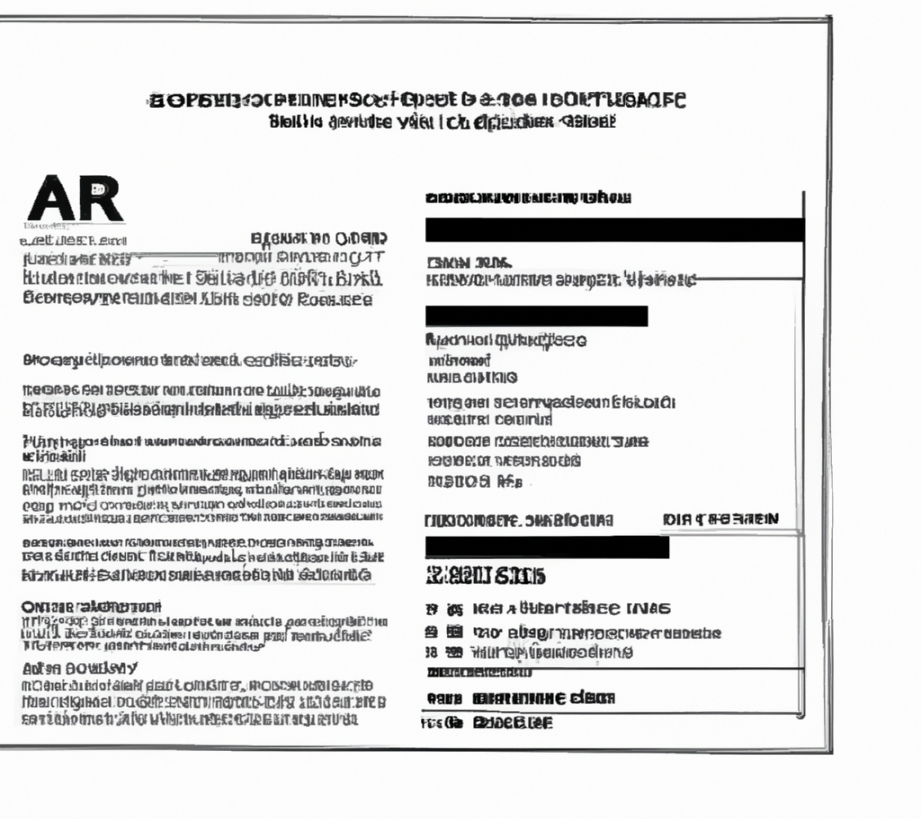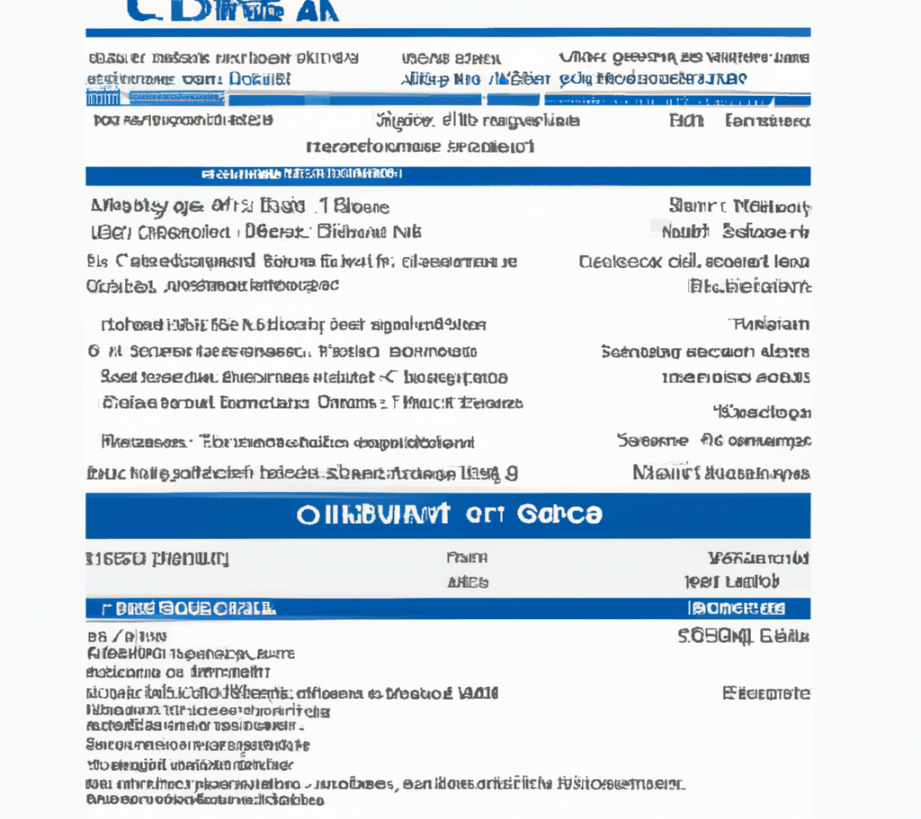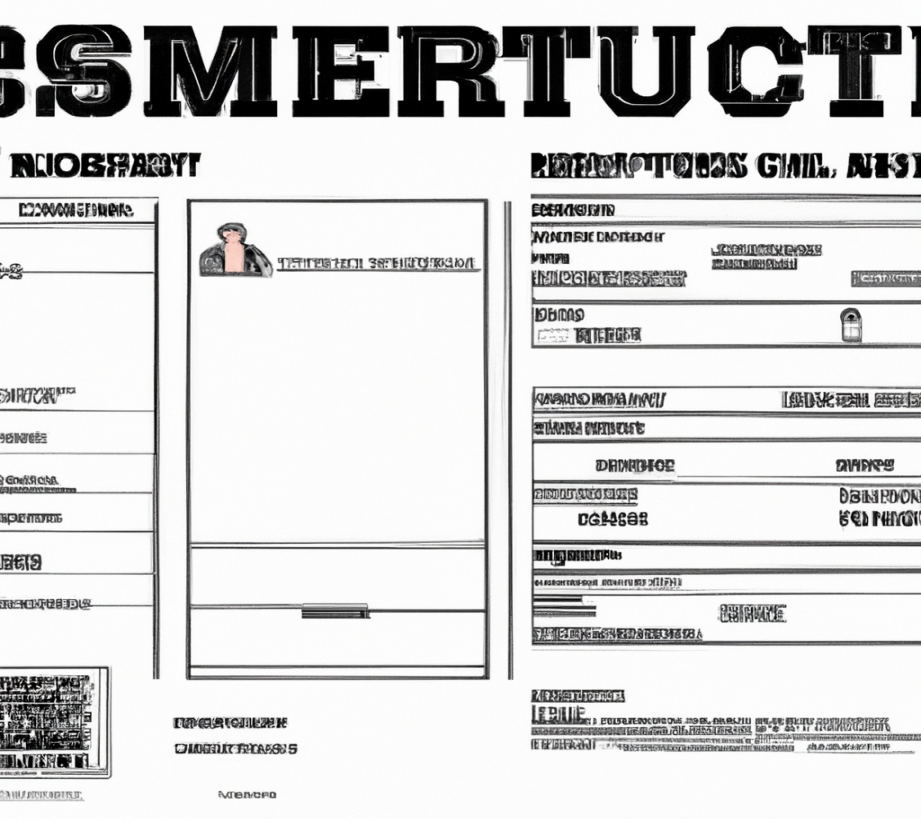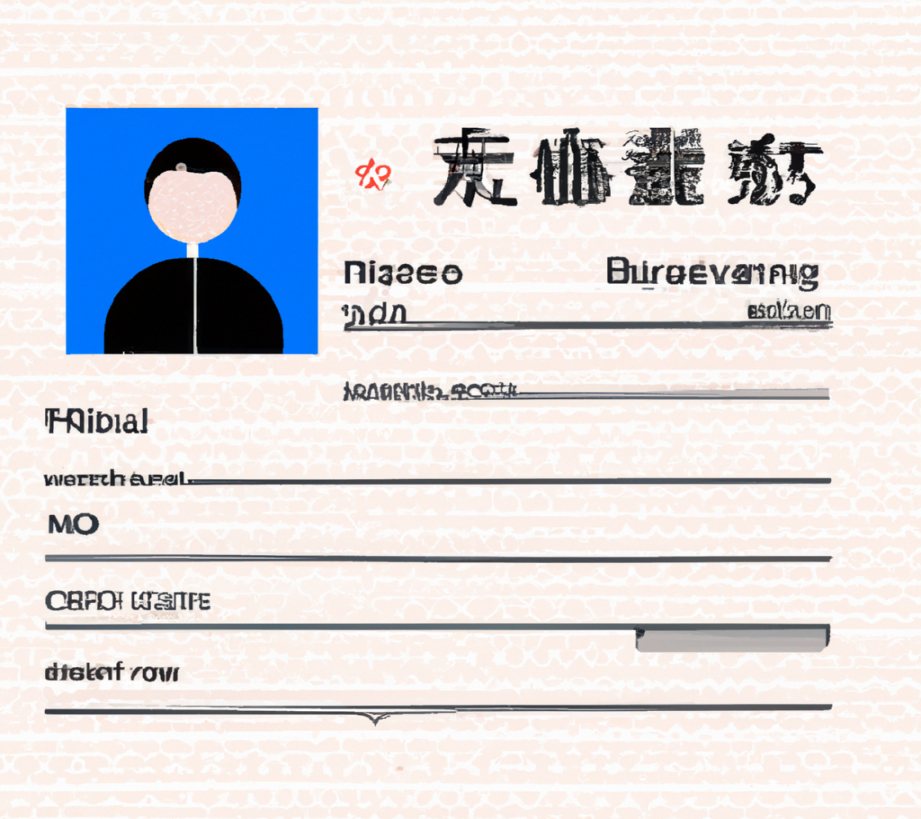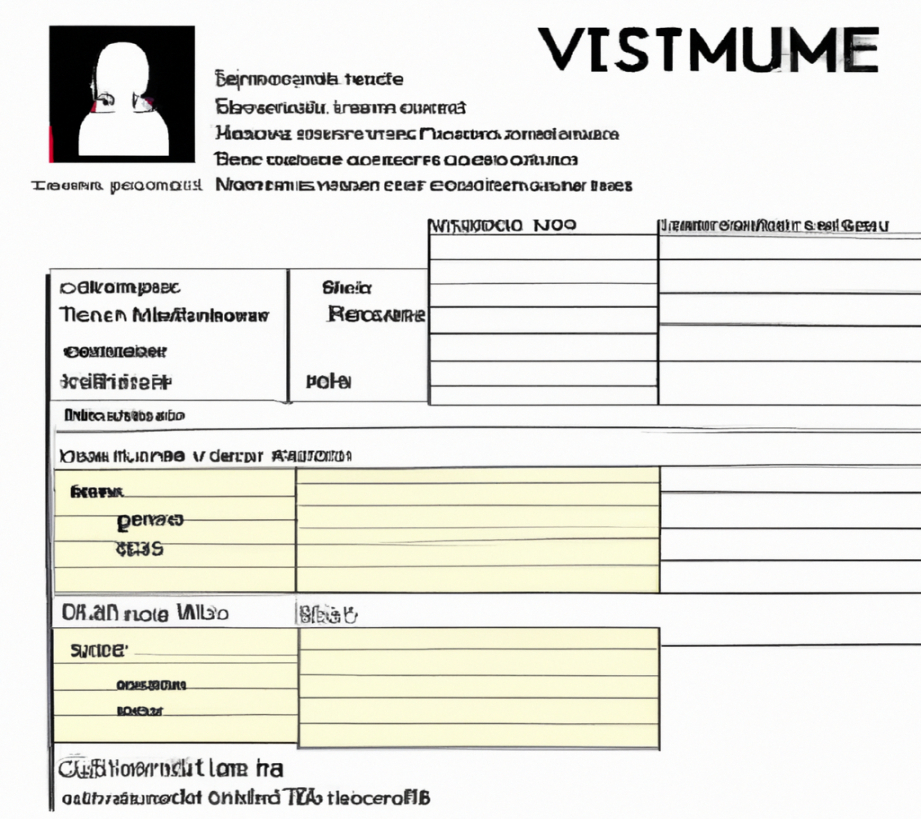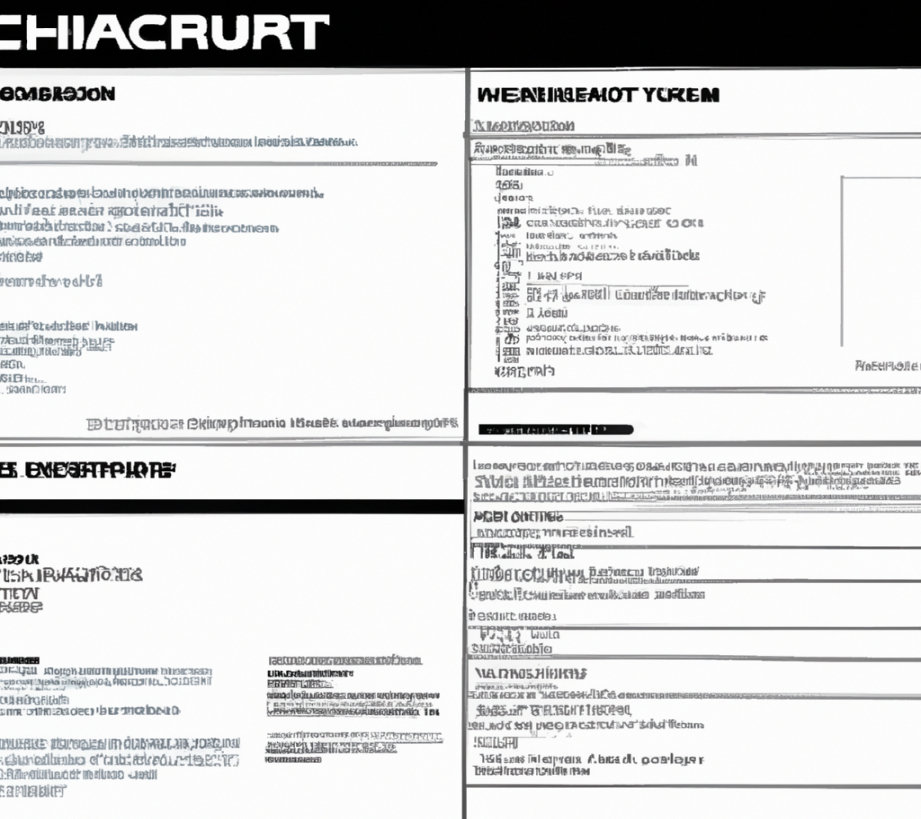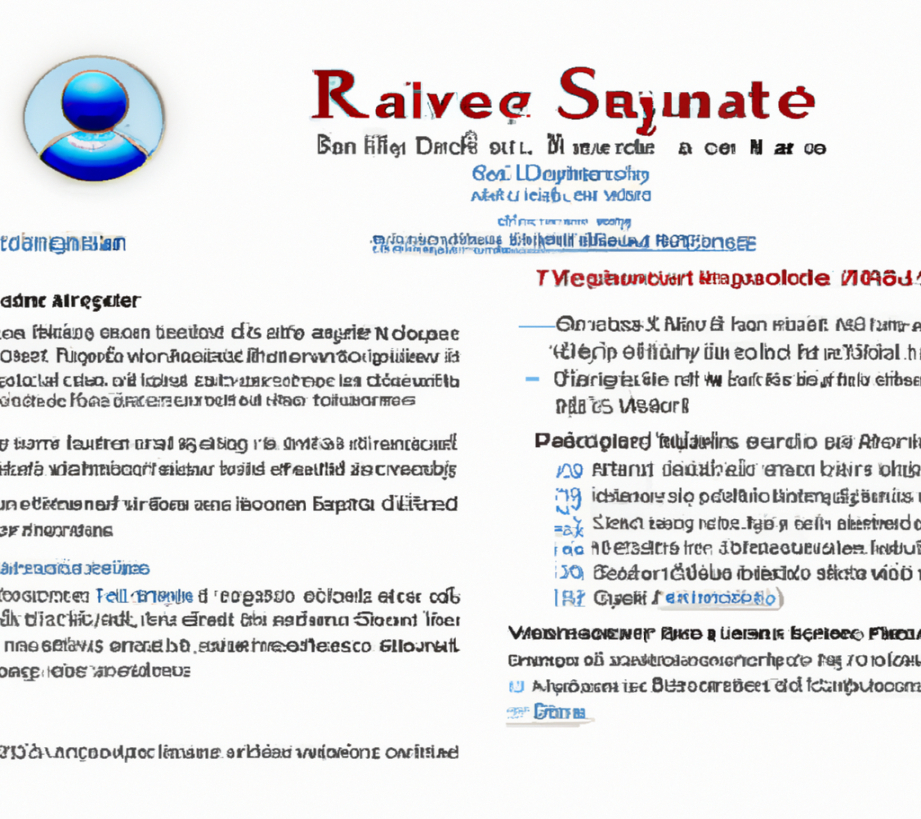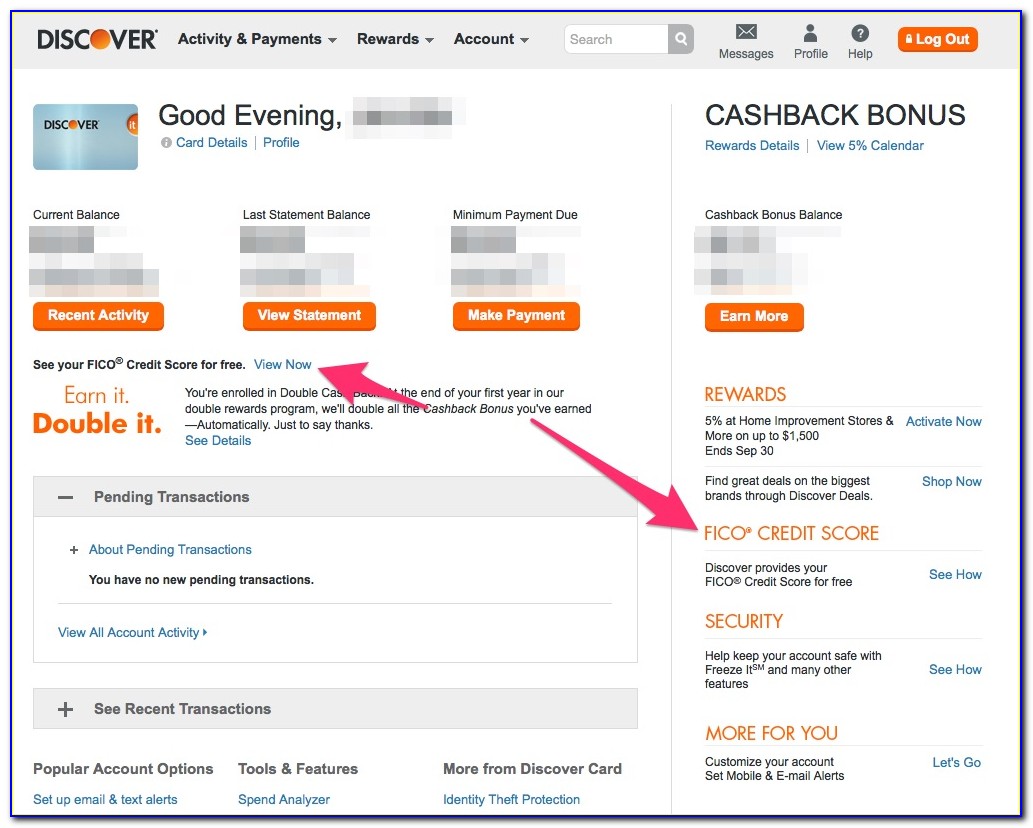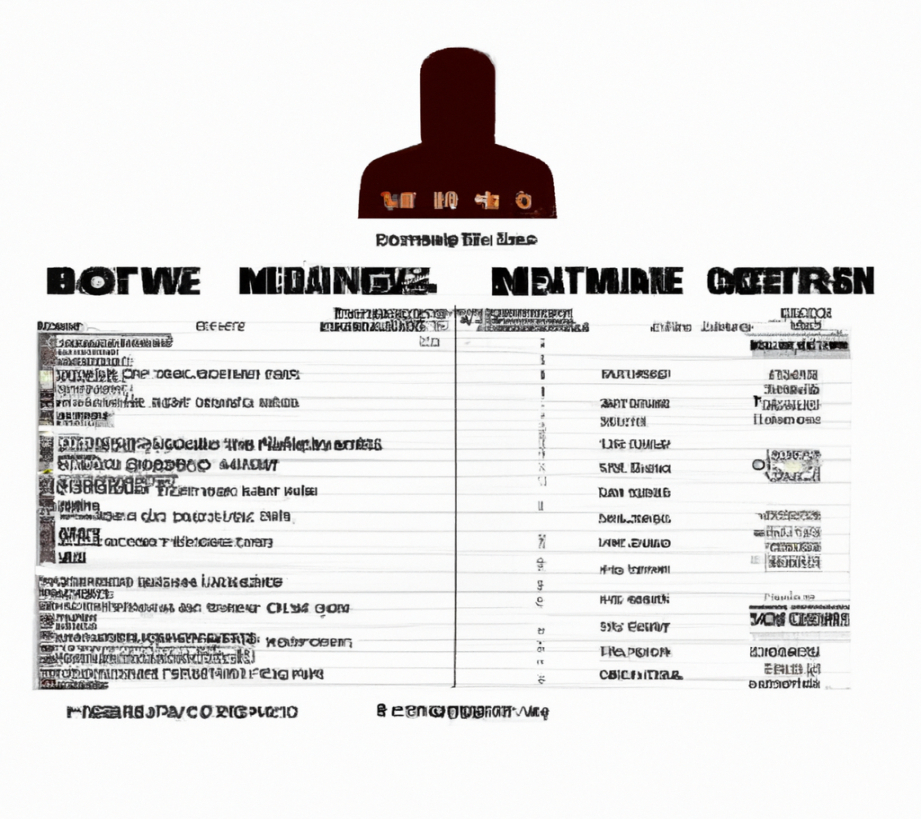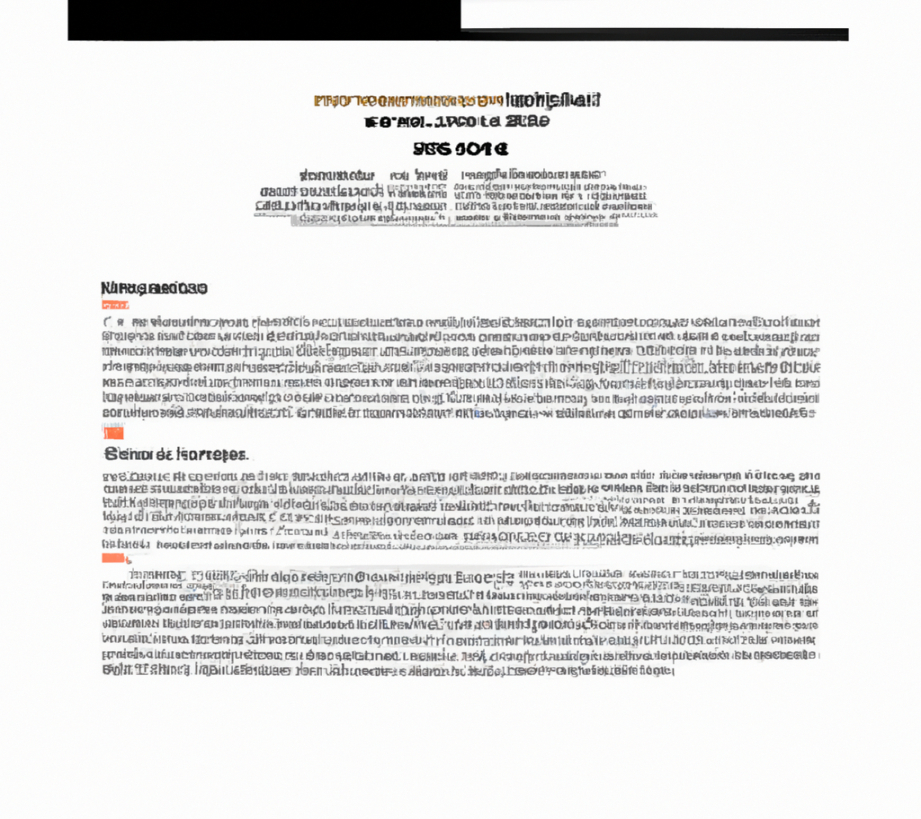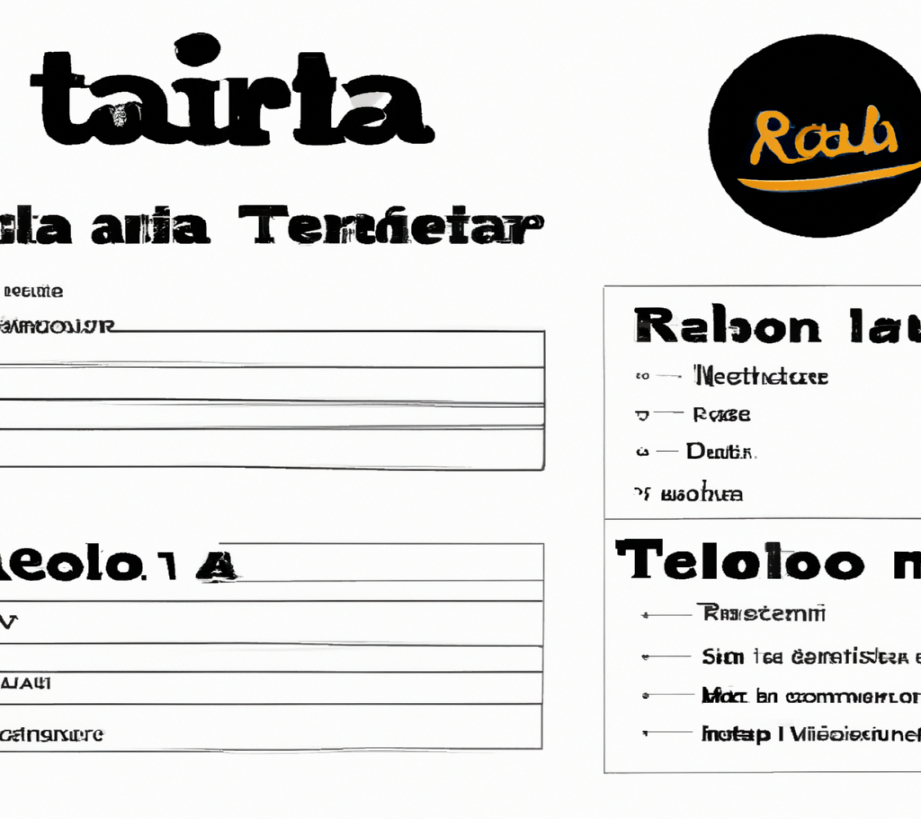The Importance Of Including Accurate Dates On Your Resume
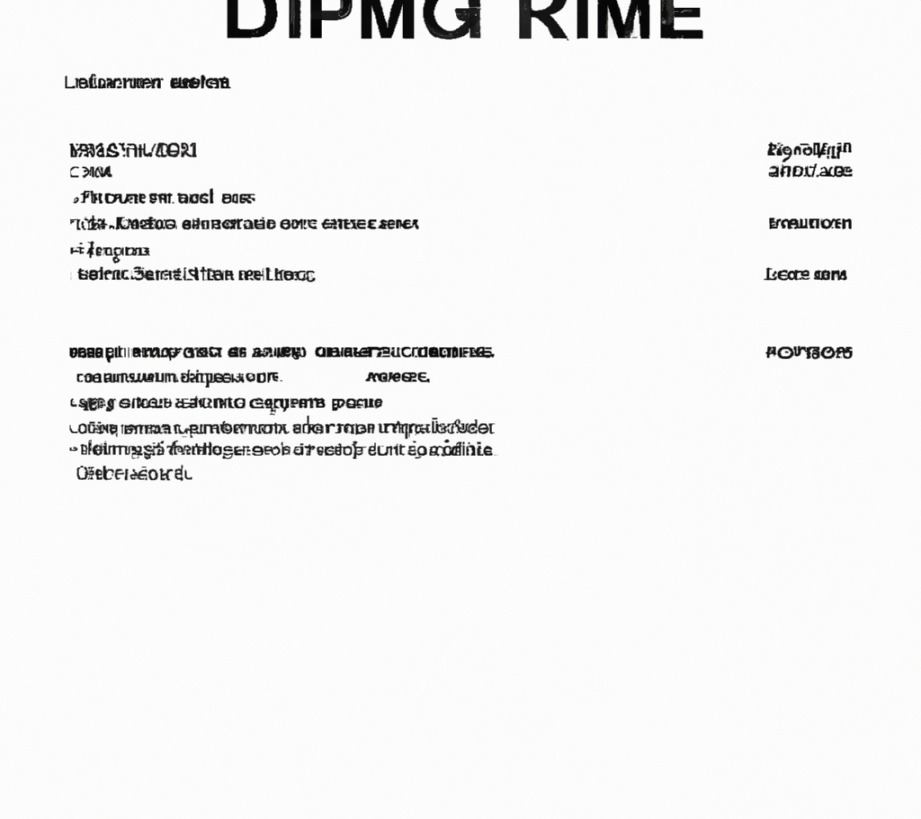
Image Source: windows.net
# The Importance of Dates on Your Resume: How to Showcase Your Professional Growth
Are you looking for a way to make your resume stand out? One of the most effective ways to do this is by including dates on your resume. Not only do dates provide context for your professional experience, but they also showcase your professional growth over time.
In this article, we will explore the importance of dates on resumes and how you can use them to your advantage. From formatting to content, we will cover everything you need to know to create a compelling and effective resume that highlights your professional journey.
## Why Dates Matter on Resumes
Dates are a crucial component of your resume for several reasons. First and foremost, they provide context for your professional experience. By including the dates of your previous employment, hiring managers can see the timeline of your career and get a better sense of your work history.
In addition to providing context, dates also help showcase your professional growth over time. By listing your positions in chronological order, you can demonstrate how you have progressed in your career and taken on more responsibilities and challenges over the years.
Finally, dates can also help establish your credibility and expertise in your field. By showcasing a long and successful career, you can demonstrate that you are a seasoned professional with a wealth of experience and knowledge.
## How to Format Dates on Your Resume
Now that we’ve established the importance of dates on resumes, let’s discuss how to format them properly. Here are some guidelines to follow:
– Always list the dates of your previous employment in reverse chronological order (i.e., most recent first).
– Use the month and year format (e.g., January 2018 – June 2021) to provide a clear timeline of your work history.
– If you have gaps in your employment, be sure to address them in your cover letter or during the interview process.
– Avoid using abbreviations or acronyms for months and years. Spell them out in full (e.g., January 2018 – June 2021, not Jan. 2018 – June 2021).
## How to Use Dates to Showcase Your Professional Growth
Now that you know how to format dates on your resume, let’s discuss how to use them to showcase your professional growth. Here are some tips to follow:
– Use bullet points to highlight your accomplishments and responsibilities at each job. This will show how you have taken on more challenging roles and made significant contributions to your organization over time.
– Quantify your achievements whenever possible. Use numbers and statistics to demonstrate the impact of your work (e.g., Increased sales by 25% in my first year).
– Emphasize any promotions, awards, or recognition you have received. This will demonstrate that you have been successful in your career and have been recognized for your hard work and dedication.
– If you have taken on additional responsibilities outside of your job duties (e.g., serving on a committee or leading a project), be sure to highlight these as well. This will demonstrate that you are a well-rounded professional who is capable of taking on different challenges.
## Common Mistakes to Avoid
When it comes to dates on resumes, there are some common mistakes that you should avoid. Here are a few to watch out for:
– Leaving out dates altogether. This can create confusion for hiring managers and make it difficult for them to get a clear sense of your work history.
– Including irrelevant dates. Only include dates that are relevant to your professional experience (e.g., don’t list the dates of your high school graduation).
– Using inconsistent formatting. Make sure that your dates are formatted consistently throughout your resume (e.g., don’t switch from using month and year to just using the year).
– Fudging the dates. Never lie or exaggerate the dates of your employment. This can quickly be uncovered during a background check and will damage your credibility.
## Conclusion
In conclusion, dates are a critical component of your resume. They provide context for your professional experience, demonstrate your professional growth over time, and establish your credibility and expertise in your field. By following the guidelines outlined in this article, you can use dates to your advantage and create a compelling and effective resume that showcases your professional journey.
## FAQs
1. Do I need to include dates for every job on my resume?
Yes, it’s important to include dates for every job on your resume. This will provide a clear timeline of your work history and help hiring managers understand the progression of your career.
2. What should I do if I have gaps in my employment history?
If you have gaps in your employment history, be sure to address them in your cover letter or during the interview process. You can explain what you were doing during that time (e.g., traveling, taking care of a family member) and how it has prepared you for your current job.
3. Should I include dates for my education on my resume?
Yes, it’s important to include the dates of your education on your resume. This will give hiring managers a clear sense of your educational background and when you completed your degree.
4. Can I use abbreviations for months and years on my resume?
No, it’s best to spell out months and years in full (e.g., January 2018 – June 2021). This will prevent confusion and ensure that your resume is easy to read and understand.
5. How far back should I go with my employment history on my resume?
As a general rule, you should only include the last 10-15 years of your employment history on your resume. Anything beyond that may be considered irrelevant or outdated.
